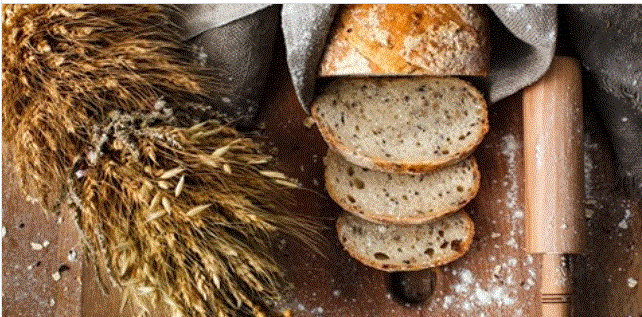
FSM News and Articles
Health professionals and complementary therapies: what can consumers reasonably expect? “Individuals are at risk of spending money they cannot afford, on useless goods and services, and perhaps delaying efficacious therapy or at worst not receiving needed therapy at all. The cost to the community is also enormous. On some estimates at least 3 billion dollars are spent on vitamins, supplements, herbal preparations and the like with no therapeutic or health benefit.”
General
How the malaria vaccine could change world health: This is a long article but a good read if you want to learn about malaria. The good news is there is at long last a vaccine for malaria. The bad news is that it is only 40-50% effective. But for a disease that kills 650,000 people a year, that’s a lot of lives saved. Coupled with other measures like mosquito netting and standing water abatement, it might be possible to get on top of this disease. Wouldn’t that be something?
Here’s what you can eat and avoid to reduce your risk of bowel cancer: Based on current evidence, a high fibre diet is important to reduce bowel cancer risk. Fibre can be divided into 2 types: insoluble fibre, which creates a bulky stool that can be easily passed along the bowel; and soluble fibre, which draws in water to keep the stool soft. Fibre from cereal and wholegrains is an ideal fibre source. Australian guidelines suggest aiming for 30g of fibre per day for adults, but fewer than 20% of Australian adults meet that target. Wheat bran is one of the richest sources of fibre, and in an Australian trial in people at high risk of bowel cancer, 25g of wheat bran reduced precancerous growths. Wheat bran can be added to cooking, smoothies and your usual cereal.
It’s not clear how fibre may reduce bowel cancer risk but possible mechanisms include reducing the time it takes food to pass through the gut (and therefore exposure to potential carcinogens), or through a beneficial effect on gut bacteria. Once bowel cancer is diagnosed, a high fibre diet has also been associated with improved survival.
Health facts aren’t enough. Should persuasion become a priority? “…those with the least understanding of science had the most science-opposed views, but thought they knew the most. Lest anyone think this is only an American phenomenon, the study was also conducted in France and Germany, with similar results.”
Great Moments in Health and Science
The invention of the three-point seatbelt. Responsible for saving millions of lives in car accidents around the world, seatbelts are always important to wear, even on short trips, precisely because accidents are often not predictable.
Today’s Abused Health Concept
Health experts want ‘wild’ sports supplements to be regulated like cigarettes: New research … shows rates of supplement use among Australian adolescent boys appear to have soared. Supplement use among young people can lead to steroids and body image issues, and it can also expose the user to dangerous ingredients or contaminants that have been linked to liver, kidney and heart problems. “Dr Yager said dodgy supplements were not just a problem for elite athletes, but a major public health issue, given Australians are buying billions of dollars worth of product.” Dr Hart, who has a background in mental health research, explicitly compared the supplement industry to Big Tobacco and its attempts to shrug regulation.